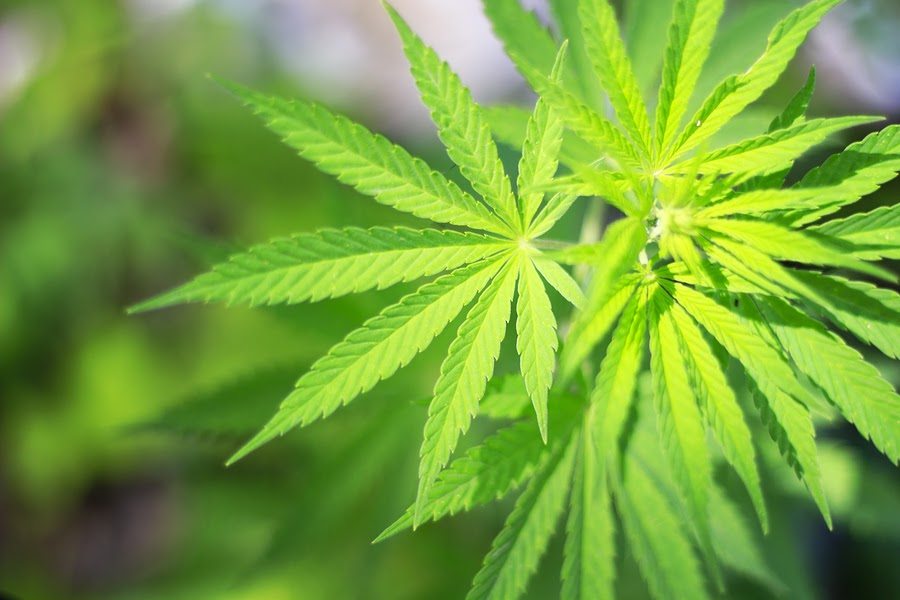CBD (Cannabidiol) is extremely popular these days, being touted as the cure for nearly everything from anxiety to pain to inflammation. What is CBD and what do we really know about it?
CBD is a cannabinoid – a type of medicine derived primary from cannabis (marijuana). There are 80+ known cannabinoids in cannabis, and it remains unclear at the moment which are important.
You may be familiar with THC (Tetrahydrocannabinol). THC is a cannabinoid and is responsible for the intoxication or “high” you get from cannabis. However, THC is also responsible for much of the benefit from the medicinal use of cannabis, including anxiety relief and depression control and pain control, treatment of insomnia, poor appetite, and nausea and vomiting. Since all medicines have side effects, it’s fair to consider intoxication a side effect of cannabis (and THC) that, like all side effects, must be managed when using the medicine by proper dosing and timing.
One of the primary reasons CBD is being so widely discusses is the fact that it, unlike THC, won’t cause any intoxication. Since intoxication in medical use is an unwanted side effect, CBD seems ideal. The question is, does CBD actually do any of the things people say?
The answer is yes AND no. Yes, in the laboratory CBD can be used to treat anxiety and even psychosis in humans. In mice, CBD has been used to decrease inflammation (and by association, pain) due to researcher cause broken legs.
However, it’s important to understand that these results ONLY apply to the lab. All of these studies used very high doses of CBD. The equivalent of 500-1500mg per day! Lower doses were shown to be useless. These higher doses cost $30-80 per day, which is quite out of the range of most patients’ wallets. Further, it’s not realistic to find a supply of that much CBD on a regular basis.
It’s also worth noting that at these high, but effective doses, CBD can interact with many conventional medications, which can be potentially dangerous.
CBD has also been very successful in treating epileptic seizures – in children who have rare, genetic seizure disorders. Did you notice how many adjectives I just used there? These studies are very interesting, but do not necessarily apply to otherwise healthy adult epileptics.
So why are there so many powerful testimonials to the benefits of CBD? Why are so many companies out there selling CBD?
Placebo is a wonderful thing. What is placebo actually? Placebo is a substance that actually isn’t doing anything. However, if the user believes that the substance is supposed to do something, then sometimes that thing does happen. So if you believe CBD is going to help your pain, even if you’re not taking enough to actually do that, sometimes you feel better anyway. The Placebo Effect is real and powerful, and works because many symptoms like anxiety or pain are perceptions of our brains. If we can influence our beliefs with an inactive substance, sometimes we perceive a change in our symptoms. However, this does NOT mean that the substance, like CBD, is causing the benefit. It could be any inactive substance that we believe in.
CBD is expensive, and if it’s a placebo, then it makes a perfect product! If the user believes it’s helping, even if it isn’t, and there are no side effects, this gets companies very excited. In short, they are happy to take your money. And lots of it.
At the end of all of this, what should you do about CBD? If you’re using it presently and it seems to be helping, you may want to consider its value. I’m not saying to stop it, but rather to consider whether it’s worth it to you to continue. If you’re not presently using CBD, there is not much reason to start.
As an anti-inflammatory THC-A, which is also non-intoxicating, is much safer and 10-20x more potent. It’s also far more abundant, so will cost less. Why is nobody talking about this? It’s only a matter of time. See my article on THC-A.

